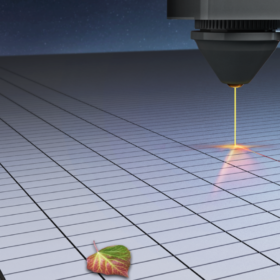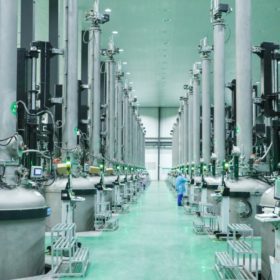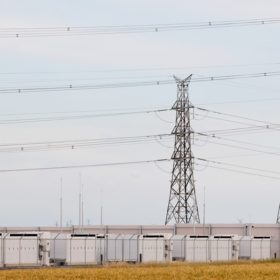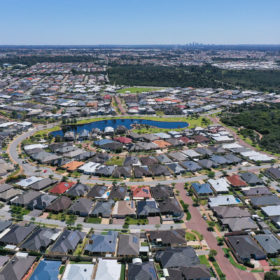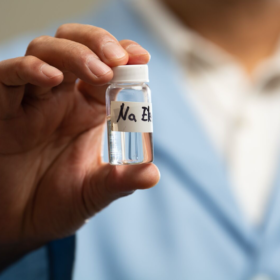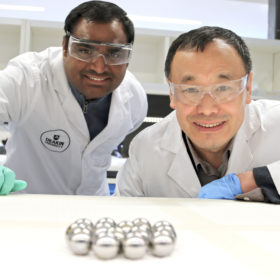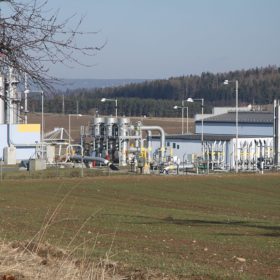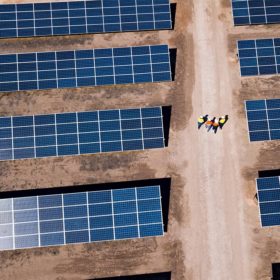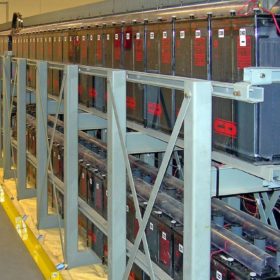Reverse bias – a hidden challenge for perovskite solar cell stability
Research from renowned PV scientist Martin Green and colleagues at UNSW reveals that perovskite solar cells may struggle to deal with reverse-bias caused by uneven shading or other issues likely to appear in the field. Both the reverse-bias itself and resulting build up of heat can cause several of the materials commonly used in perovskite solar cells to degrade, and these issues have received only limited attention in research published to date. Solutions, however, are at hand.
PV industry needs 12 times more polysilicon production capacity by 2050
New research from the University of New South Wales (UNSW) predicts cumulative polysilicon demand of 46-87 Mt will be required to achieve 63.4 TW of PV installed by 2050.
‘Not valued clearly at present’: ARENA-backed study looks into how to better incentivise storage investment
Melbourne’s Monash University will conduct a $1.18 million study into alternative market designs which better support energy storage technologies and drive clearer investment signals.
Homes with solar sell for $125,000 more on average
Energy efficient homes, like those with solar panels, fetch, on average, a premium of over 17% in Australia – though that figure grows to 28.9% in Queensland and 24% in Victoria, according to a report from real estate company Domain.
New kind of black silicon shows improved light-trapping properties
Scientists in Russia have developed a new wide-band optical absorber called ‘black silicide’ which they claim is more adjusted to match AM-1.5 solar spectrum with theoretically higher photogenerated current density. It could be used for tandem operation in photovoltaic devices.
Sodium-ion batteries for EVs, renewables storage
US scientist have developed a new electrolyte design for sodium-ion batteries to improve their long cycling performance. The low-solvation electrolyte was designed for high-voltage sodium-ion batteries, which retained 90% of their capacity after 300 cycles.
‘Entirely novel’ mechanochemical breakthrough for storing hydrogen
Researchers at Melbourne’s Deakin University have discovered a novel way to separate, store and transport large amounts of gas. The method, they say, is efficient, affordable and creates no waste – carrying huge implications for the burgeoning green hydrogen industry and for the energy transition at large.
Oil and gas reservoirs are cheapest options for underground hydrogen storage
New research from Ireland shows that depleted oil and gas reservoirs may be used to store hydrogen at a cost of US$1.29/kg (AU$1.9/kg). According to the researchers, underground hydrogen storage may benefit from the technological maturity of the geologic storage of natural gas and CO2, which are associated with decades of established knowledge.
UQ targets testing platform to fast-track large-scale grid connections
University of Queensland researchers will seek to develop and test a new platform designed to help streamline the process of connecting large-scale renewable projects to the grid after landing a $498,000 grant from the Australian Renewable Energy Agency.
The real value of energy storage
An international research team has developed a new way to evaluate the economic value of energy storage technologies. They went beyond pure cost assumptions to consider the benefits that such technologies could bring to energy systems.
